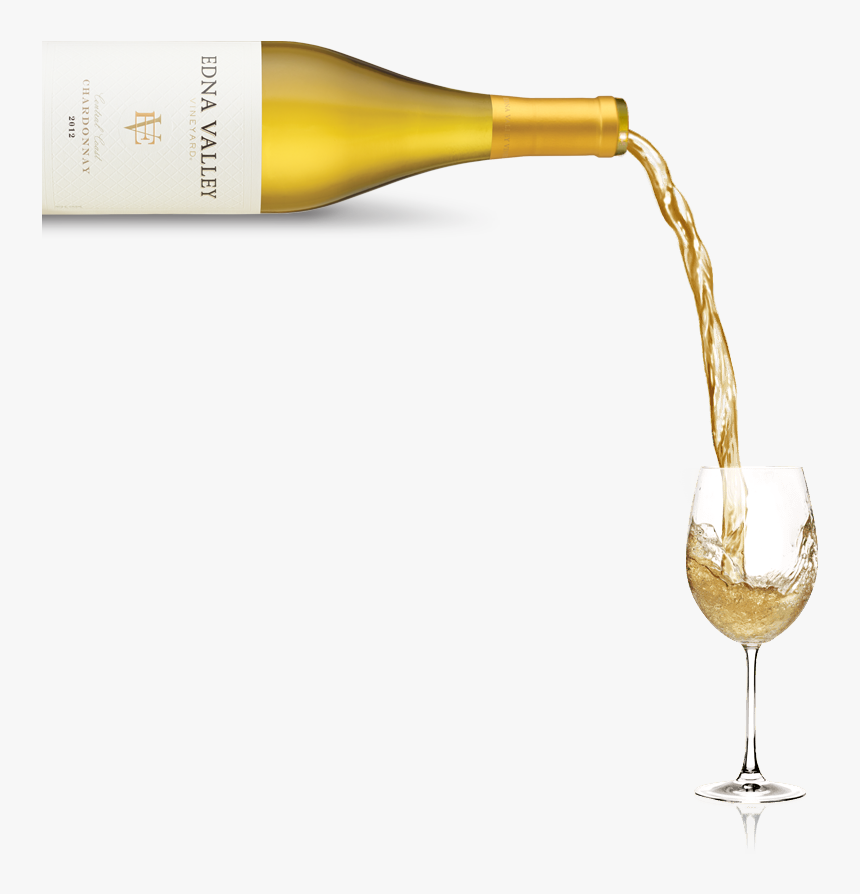Your globetrotting liquor reporter is penning this week’s column from a swim-up pool bar in Costa Rica.
My paramour, who was raised on a steady diet of Coors Lite, was able to settle into the local beers easily.
However, for dyed-in-the-wool beer snobs like your humble narrator, it was like being lost in a beerless desert, with only tasteless fizzy yellow water to drink.
Sadly, the craft beer revolution that has been sweeping North America and Europe for the past decade has not yet travelled south, so it hard to find a good beer south of the Rio Grande.
There is but a single megabrewery in Costa Rica that controls over 90% of the domestic market, and high import taxes make foreign brands like Corona or Heineken nearly twice the price of the local beers.
Interestingly, the original corporate business plan for the dominant megabrewery was actually for agricultural production, as well as manufacturing and distributing ice, in an era when refrigerators or freezers were unknown commodities.
The oddly named Florida Ice & Farm Company didn’t actually get into the beer business until 1912, when it acquired an existing brewery. In a mirror of the Molson/Labatt rivalry in Canada, there was healthy competition between two evenly matched breweries in the Costa Rican market up until 1958, when Florida Ice & Farm bought out their only competitor, and it has pretty much been a monopoly ever since.
There have been a few upstart breweries pop up from time to time, but there are high barriers to entry in a country with a population of less than 4 million, particularly against an entrenched market leader with control of the bottling and distribution channels.
For these reasons, the wide variety of different beers we have available in the Alberta market are not likely to materialize in Costa Rica anytime soon, much to the chagrin of the beer-loving tourists from other parts of the world.
The situation is the much the same throughout Central and South America, with each country having 2 or 3 beer brands that completely dominate the market, all of which taste very similar to Coors Lite.
The local beers in Costa Rica are Imperial, Pilsen, and Bavaria. Unfortunately, all of them are made by the same megabrewery, and they are each quite similar in taste.
Imperial is the country’s most popular beer, and perhaps not coincidentally, is the least expensive. Made in the style of an American Light Lager, this a pale-straw coloured beer, with very little hop bitterness, and almost no malt flavour. Budweiser or Corona would be similar beers.
As a general rule, these beers are not made with 100% barley malt, but use lesser grains such as rice or corn as the starchy base for fermentation. While this makes for a less expensive beer, it causes flavour to be sacrificed in the effort to keep production costs low.
The Pilsen brand, also from the same megabrewery is slightly more flavourful, being made in the style of a Czech Pilsner. This beer style has the same pale straw colouring as the Imperial, but has a more pronounced hop flavour, due to the use of Saaz hops that were first used in what is now the modern-day Czech Republic.
The Bavaria brand is the newest addition to the same megabrewery’s portfolio, and is modelled after the German style of beermaking. With light, golden, and dark varieties available, your intrepid liquor reporter jumped at the chance for the only dark beer available in a sea of insipid and watery pale brews.
As dark beers go, it certainly won’t be giving Guinness or even my preferred Alberta Crude Oatmeal Stout from Calgary’s Wild Rose Brewery a run for its money anytime soon, but it was certainly the most flavourful beer widely available in Costa Rica.
While not sipping rum directly from a fresh coconut, the Bavaria Dark was your humble narrator’s beer of choice while in Costa Rica, and it will certainly be the brand I make a beeline for on my next visit.
So, if you are planning a trip south for your next vacation, it would be well advised to acquire a taste for the rum that is so common in the Caribbean, or adjust your expectations accordingly for the mostly bland and watery fizz that is often mistaken for beer in these climes.






